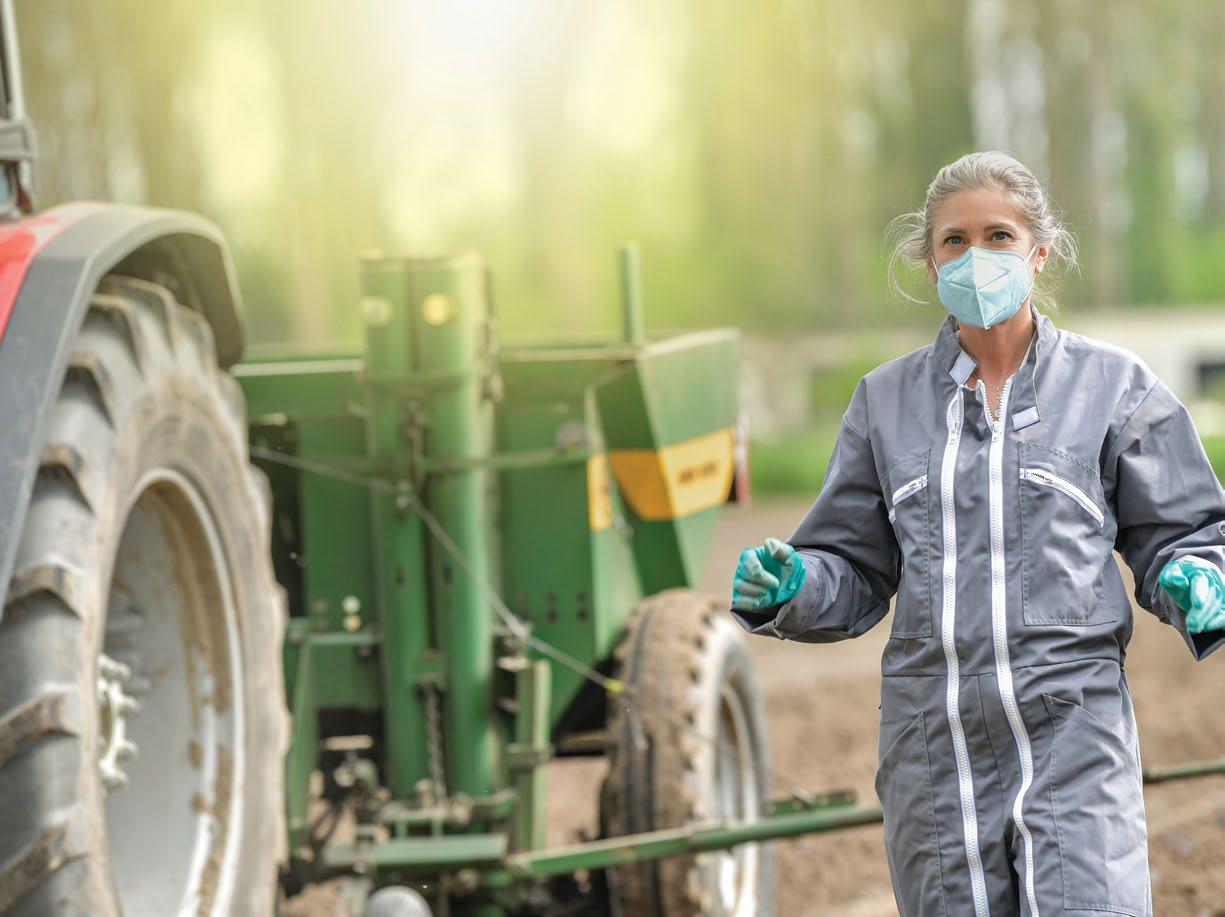
2 minute read
Horticulture mandatory training
Does horticulture need mandatory training for new workers?
BY MELISSA DENNING LABOUR SCHEME FACILITATOR
Advertisement
While mandatory training is currently not being considered by the horticulture industry, Melissa Denning discusses the benefits of having such a program in place.
Even before the COVID-19 pandemic amplified difficulties in sourcing on-farm labour, the time spent on recruitment, induction and initial training was listed as a high source of frustration for many growers. Horticulture roles can be hard and not everyone is suited to them, but for a grower to spend one- or two-days providing inductions and training to a worker who does not then return, The link between the two cards is that it is very time consuming, costly they are mandatory requirements in and disappointing. their respective industries. This high turnover of labour is a cost So I’d like to pose the question: is this that no grower can sustain. something that could be implemented in Other high turnover industries have the horticulture sector? been successful in implementing a Could the industry have a “Green Card” standard card system to mitigate that is mandatory for all workers some industry-related to obtain before starting a risks. horticulture position? The hospitality industry has its This high turnover of labour is a cost that no This training could include: • Workplace safety Responsible Service grower cansustain. • Workplace biosecurity of Alcohol (RSA) course • Food safety practices that provides basic • Food hygiene practices training on generic industry • Basic understanding legislation and scenarios. of the award and difference between The construction industry has the hourly and piece rates. White Card that provides training on Growers have reported that international basic principles of health and safety, as workers are often not familiar with well as prevention techniques to avoid workplace practices in Australia workplace injuries. and might do something that is Both of these courses ensure that new workers have obtained a minimum commonplace in their country, but completely illegal in Australia. standard of training to work in the chosen industry.
3 A baseline course could provide an essential understanding of the industry and potentially reduce the high turnover of workers. Most employers do have a farm-specific induction process, and this should continue as all farms are different. However, a baseline course could provide an essential understanding of the industry and potentially reduce the high turnover of workers. At this time the Green Card is simply an idea being informally discussed as it would take a full industry effort to implement. If one grower did not insist on employees having a Green Card in order to work on their farm, then applicants may seek out this easier employment option, rather than completing training and having more knowledge and employment options. Both the RSA and White Card are paid by the workers and generally must be in place prior to starting work in the industry.

MORE INFORMATION
We’d love to know your thoughts on this matter. If you think a Green Card would be a valuable addition to the horticulture industry, email Melissa Denning on melissa.denning@vegetableswa.com.au.
















